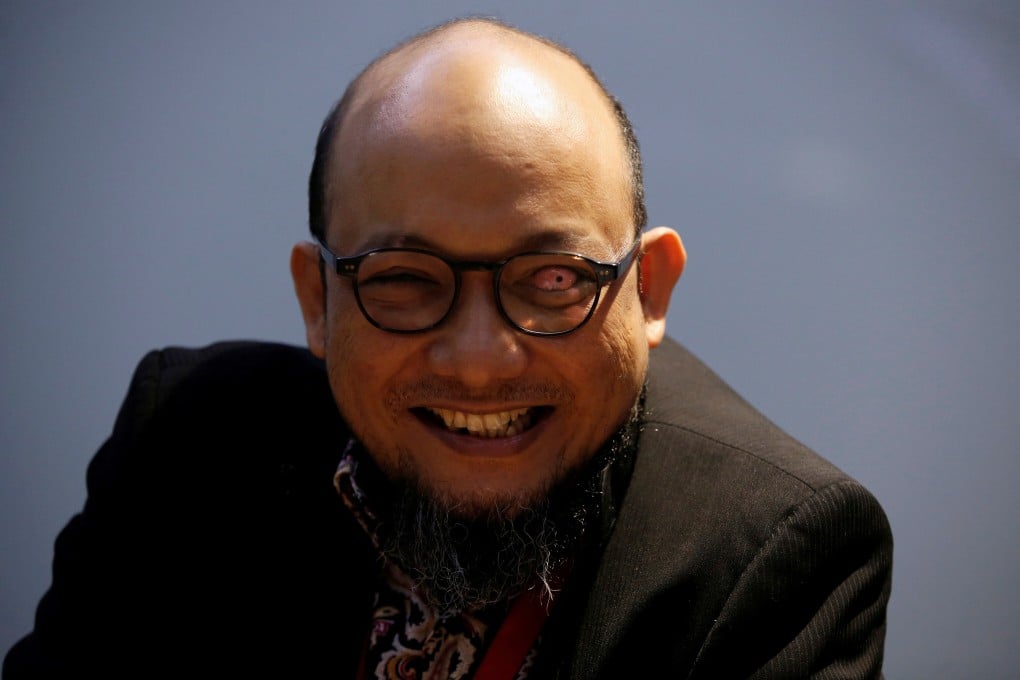‘All Chinese are the same’: Indonesia’s ‘nationalism’ test for graft-busters sparks outrage
- Dozens of Corruption Eradication Commission staff face dismissal after failing to prove their allegiance to the state in a test that asked offensive questions including whether homosexuals should be physically punished
- With some of the best known investigators among those facing the chop, critics suspect an orchestrated attempt to weaken the body and warn of dire consequences for the nation’s democracy

More than 1,300 staff at the commission, better known by its initials KPK, were made to take a written test between April and May to prove their allegiance to the state ideology Pancasila, which stresses national unity despite ethnic and religious diversity, and the government.
About 75 of them, including senior investigators, failed. The KPK chairman then said 51 of them would have to leave the organisation, with the rest required to take part in a specialised training programme.
The test questions were then leaked to the media and went viral, sparking criticism for being odd and even offensive to minority groups.
While the names of 51 staff who will be booted out by November are yet to be revealed to the public, senior investigator Novel Baswedan is among the 75 KPK staff who failed the test. Baswedan was the victim of an acid attack that damaged his eyes in 2017 following his role in several high-profile corruption cases.